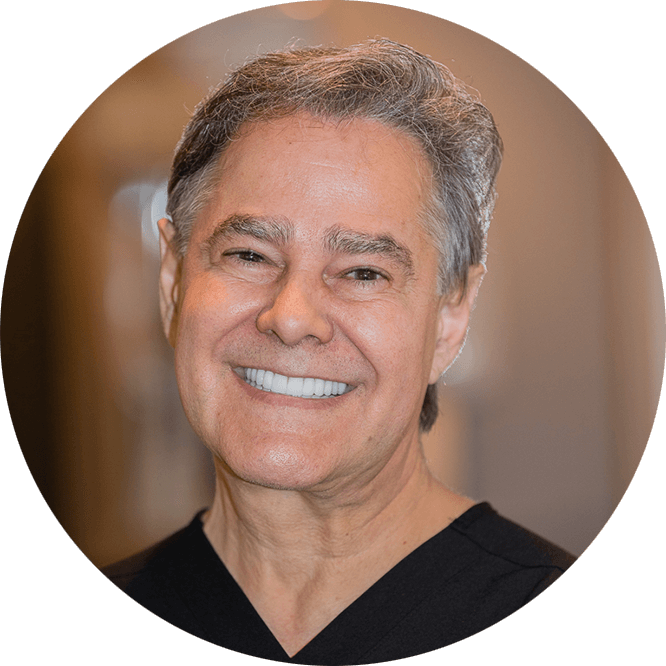

Tooth gaps, or diastema, can be a cosmetic concern for many individuals. While some people embrace the diastema as a unique characteristic, others desire a more aligned smile. If left untreated, tooth gaps can cause oral health problems, such as gum disease or tooth decay. If you’re considering closing a tooth gap, Invisalign could be a great option.
Dr. Chaves is here to provide personalized solutions that meet your specific needs. Contact our Woodland Hills dental office today at 818-491-7294.
Compared to bulky wire braces, Invisalign offers an alternative that can help straighten even the most severely misaligned teeth.
A tooth gap is a space between two teeth that can occur for various reasons. There are two main types of tooth gaps:
Common causes of tooth gaps include:

Invisalign is an orthodontic treatment that can help close gaps between teeth. Unlike traditional braces, Invisalign uses a series of clear, removable aligners to gradually shift your teeth into the desired position.
Here’s why Invisalign is well-suited for gap tooth closure:


Whether or not you need to correct a tooth gap largely depends on personal preference and any associated oral health issues.
While Invisalign is a versatile treatment, there are some limitations to consider for gap closure:
Tooth gaps can be both a cosmetic concern and a potential oral health problem. Food particles can get stuck in between gaps, leading to plaque buildup and potential gum disease or tooth decay. Additionally, gaps can cause teeth to shift, leading to bite problems or jaw pain.
Yes, braces are a common orthodontic treatment used to fix tooth gaps. Traditional metal braces use brackets and wires to gradually shift teeth into the desired position. Clear aligners, such as Invisalign, can also be used to close gaps between teeth.
There are no proven home remedies to fix tooth gaps. In some cases, orthodontic treatment may be unnecessary if the gap is small and not causing any oral health problems. However, it’s always best to consult with a dentist or orthodontist to determine the best course of action for your specific case.
I understand the information disclosed in this form may be subject to re-disclosure and may no longer be protected by HIPAA privacy regulations and the HITECH Act.
